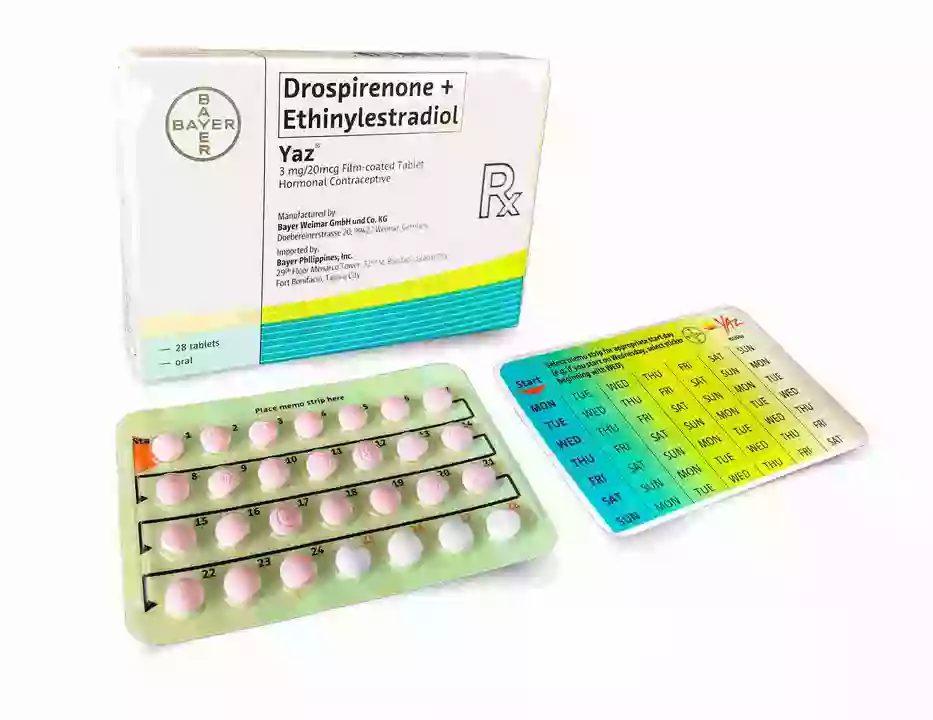Birth control: clear options and smart safety tips
Looking for straightforward info on birth control? This tag page collects practical articles about contraception choices, how to buy medicines online safely, and real-world tips for managing side effects. Whether you want a long-term method or need emergency contraception, use these short guides to make safer choices fast.
Quick guide to common birth control options
Pill — Daily combined or progestin-only pills work well for many people. You need a prescription and consistent daily timing for best protection.
IUDs and implants — These are long-acting and low-maintenance. An IUD sits in the uterus for 3–10 years depending on type; implants last about 3 years. They’re highly effective and remove the need to remember a daily pill.
Injectable and patch — Injections every few months or a weekly/monthly patch suit people who prefer less daily attention. Talk to your clinician about possible mood, weight, or bleeding changes.
Condoms — The only method that reduces STIs as well as pregnancy. Use them with another method for extra protection.
Emergency contraception — Levonorgestrel pills work best within 72 hours after unprotected sex; ulipristal can work up to 120 hours. An IUD can also be used as emergency contraception and is the most effective option.
How to choose and stay safe
Match the method to your goals: do you want pregnancy prevention only, hormone-free options, or STI protection? Consider side effects, future pregnancy plans, and any medical conditions like migraines or blood clot risks. A quick chat with a clinician or pharmacist helps narrow choices.
Watch for interactions. Some antibiotics, seizure meds, and herbal supplements (like St. John's wort) can lower hormonal contraceptive effectiveness. If you take other meds, double-check interactions before relying on a method alone.
Buying online? Check these red flags: sites that don’t ask for a prescription for prescription-only products; no clear contact info; prices that look unrealistically low; and poor or fake reviews. Prefer pharmacies that show a verified license, offer secure payment, and provide clear shipping and return policies.
If you see brand-specific articles here (for example, product guides or how to buy Fertogard or other medicines), use them to compare sources and read safety tips. Our tag combines buying advice, drug explainers, and user-focused guides to help you decide and act safely.
Need quick steps now? 1) Pick a method that fits your lifestyle. 2) Confirm any medical limits with a provider. 3) Use a verified pharmacy or your local clinic for prescriptions. 4) Keep condoms on hand for STI protection and back-up use.
Browse the linked posts on this page to get deeper info on specific drugs, online pharmacy checks, and practical how-tos. If something feels unclear or risky, ask a healthcare professional before changing methods.

